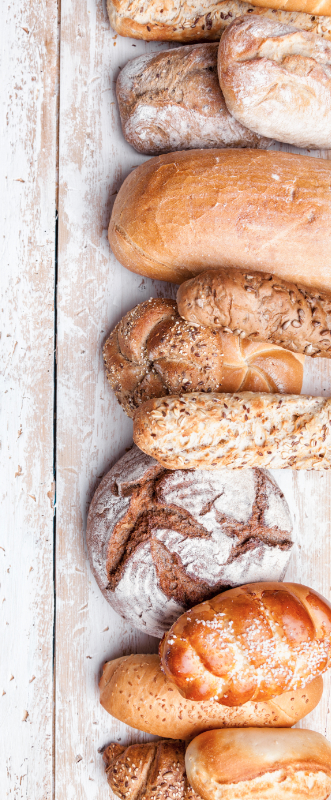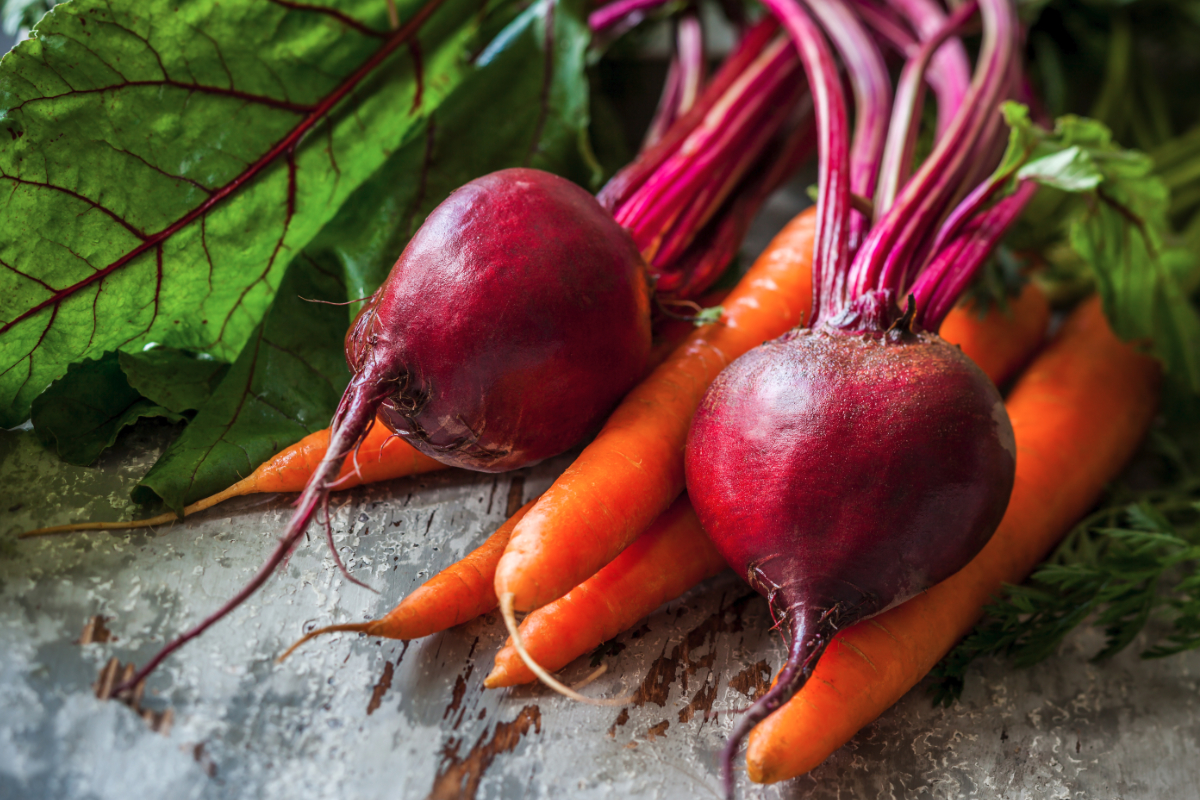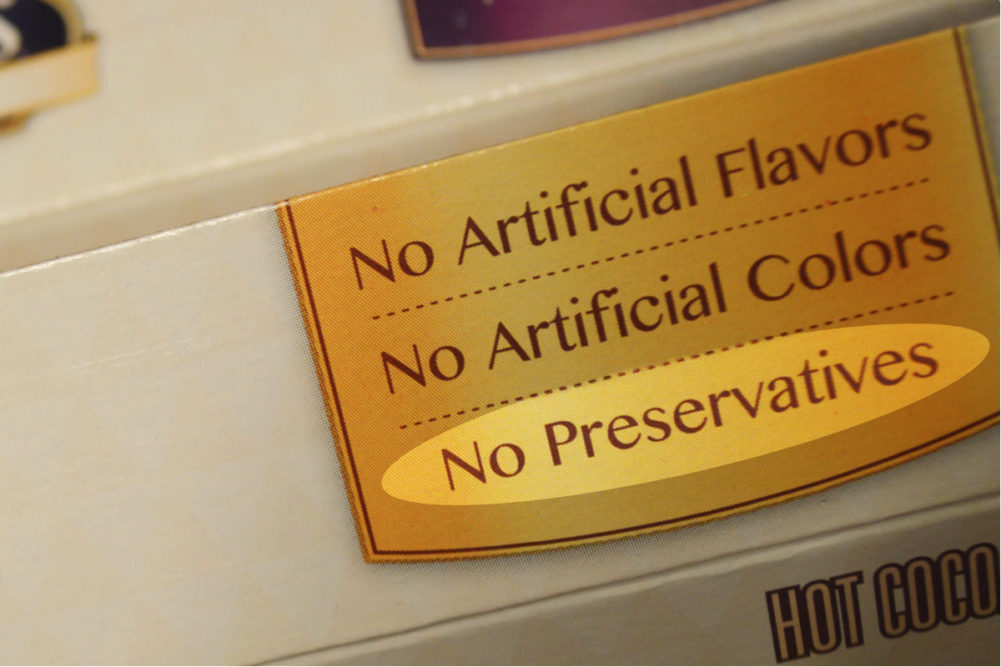KANSAS CITY — Surveys continue to show the rising popularity of clean label claims. Food and beverage companies may take several avenues to achieve such claims: no artificial preservatives, flavors or colors; organic; and non-G.M.O.
“No preservatives” were the top clean label claim in two surveys. Ways to work with clean label preservatives, including alternatives to calcium propionate, should be found at the International Baking Industry Exposition scheduled for Sept. 7-11 in Las Vegas. Suppliers of flavors and colors, meanwhile, are turning to organic certification in their clean label efforts.
A report from HealthFocus International, St. Petersburg, Fla., involving 22 countries found 39% of respondents said eating clean became more important over a year’s time. When asked their key motivations for eating clean, 39% said they wanted to avoid chemicals in their food, and 34% said they wanted to avoid artificial ingredients, which trailed only healthier at 62%, long-term health at 58% and food safety at 49%.
Nearly 28% of total global food and beverage launches recorded in 2018 by Innova Market Insights, Arnhem, The Netherlands, used one or more clean label claims (natural, organic, no additives/preservatives and non-G.M.O.) The percentage was just under 39% in the United States. “No additives/preservatives” led all other clean label claims, accounting for 15% of total global launches and more than 20% of total U.S. launches.
Survey participants in the report “The transparency initiative; product labeling from the consumer perspective” from the Food Marketing Institute and Label Insight were asked what descriptions appearing on product packaging influenced purchase decisions. The top answer was “no preservatives” at 42%. “Free from artificial flavors” was sixth at 37%, and “free from artificial colors” was ninth at 34%.
 Cain Food Industries, Dallas, will feature its AlphaFresh natural mold inhibitor in a new products showcase at IBIE, said Matt Feder, vice-president of business development.
Cain Food Industries, Dallas, will feature its AlphaFresh natural mold inhibitor in a new products showcase at IBIE, said Matt Feder, vice-president of business development.
“To replace calcium propionate, the most widely (used) and effective solutions are cultured products,” he said. “In the bakery segment, cultured wheat is the preferred solution. Cain offers AlphaFresh, a superior solution to natural mold inhibition. AlphaFresh has been used to replace calcium propionate without the addition of vinegar that is commonly added in combination of other cultured wheat products.”
Cain’s belief is that a bread’s ingredient list may be reduced to eight ingredients: flour, water, sugar, shortening, salt, yeast, enzymes and cultured wheat flour, Mr. Feder said. AlphaFresh is labeled as cultured wheat flour and enzymes.
Corbion, which has a U.S. office in Lenexa, Kas., uses its fermentation technology and microbiology expertise to create clean label systems that assist bakers in removing synthetic preservatives and chemical-sounding ingredients from formulations without compromising product quality or consistency, said C.J. McClellan, global marketing manager, bakery. Verdad MP 100 features a combination of vinegar and natural flavors. In Corbion sensory testing, panelists were equally split in preferring bread containing Verdad MP 100 and bread with traditional calcium propionate, Mr. McClellan said.
The American Society of Baking this year selected Corbion’s Verdad MP 100 as the winner of the A.S.B. Innovation Award in the Health, Wellness and Nutrition category.
Lallemand, Inc., Montreal, offers Essential Fresh to replace calcium propionate, said Luc Casavant, baking applications director. Essential Fresh is an anti-mold bio preservative technology derived from a specialty instant dry yeast using a strain of Saccharomyces cerevisiae. After baking, cooling and slicing and before packaging, a prepared solution of Essential Fresh is sprayed on the surface of the product to inhibit mold growth.
When used by itself, Essential Fresh achieves shelf life similar to that offered by calcium propionate. When used with calcium propionate, Essential Fresh further extends shelf life.
Organic colors and flavors
Several ingredient suppliers have expanded in organic colors and flavors in 2019.
Diana Food North America, Hasbrouck Heights, N.J., part of the Symrise Group, launched a line of colors certified organic through the U.S. Department of Agriculture’s National Organic Program. A blue shade was created from spirulina, and a pink/reddish shade was created from red beet. Other raw materials used to create the organic colors were purple carrot, orange carrot, yellow carrot, annatto and turmeric.
Cocoa powder and meat alternatives are other avenues for clean label colors.
 GNT USA, Inc., Tarrytown, N.Y., showed how naturally sourced colors in its Exberry line may be used to create a veggie burger during IFT19, the Institute of Food Technologists’ annual meeting and food exposition held June 2-5 in New Orleans. After deconstructing carrots into juice and pulp components, the company used the carrot juice in a bun and incorporated the pulp into a vegetable patty.
GNT USA, Inc., Tarrytown, N.Y., showed how naturally sourced colors in its Exberry line may be used to create a veggie burger during IFT19, the Institute of Food Technologists’ annual meeting and food exposition held June 2-5 in New Orleans. After deconstructing carrots into juice and pulp components, the company used the carrot juice in a bun and incorporated the pulp into a vegetable patty.
Non-alkalized dark cocoa powder, under the name deZaan TrueDark (N11D) from Olam Cocoa, a business of Olam International Ltd., Singapore, provides both flavor and color to formulations like baked foods, ice cream and desserts. The ingredient may be labeled as “cocoa” rather than “cocoa processed with alkali.” The alkalization process involves treating cocoa with an alkalizing agent, generally a sodium solution, which regulates the acidity and changes the pH. The non-alkalized dark cocoa powder delivers the same chocolate flavor and color as its alkalized counterpart, according to Olam Cocoa.
Clean label innovations are happening in flavors, too.
Symrise, Teterboro, N.J., launched a collection of certified organic flavors under the company’s new positioning — “Code of nature.” The three facilities producing “Code of nature” — Teterboro; Branchburg, N.J.; and Elyria, Ohio — all are certified to produce organic flavors.
Bell Flavors & Fragrances, Inc., Northbrook, Ill., certified its Northbrook facility to produce organic flavors. The certification includes over 100 flavors from liquid compounding, spray dry and dry blend manufacturing areas.
Enterprise Food Products, Chestnut Ridge, N.Y., has found a way to caramelize sugar such that it may enhance and modulate flavor in applications, including savory, meats, baked foods, confectionery items, beverages, beers, spirts and pet food.
 “Even though it’s derived from sugar, and sugar, of course, is perceived as a sweetener, its primary functions are natural flavor and taste modification,” said Greg D’ Auria, owner and managing director of Enterprise Food Products.
“Even though it’s derived from sugar, and sugar, of course, is perceived as a sweetener, its primary functions are natural flavor and taste modification,” said Greg D’ Auria, owner and managing director of Enterprise Food Products.
Caramelizing sugar may help mask off-notes of pea protein and reduce sugar in applications as well. The company sources sugar beet, which imparts more of a strong, caramelized note when caramelized, and sugar cane, which imparts more of a sweet, caramelized note.
At IBIE, Lallemand will feature its sourdough cultures that remove artificial flavors, Mr. Casavant said. Florapan baking cultures produce cultured flours (levains) in a controlled way by optimizing organic acid production and flavor in a single step. A ready-to-use levain is produced within 18 to 24 hours at temperatures between 68 degrees and 95 degrees Fahrenheit (between 20 degrees and 35 degrees Celsius).
“During fermentation, the starter cultures will produce aromas and organic acids leading to specific flavor profiles and improved shelf life of the finished baked good (better anti-molding and anti-staling properties),” Mr. Casavant said. “They will allow to better control the levain fermentation and produce the same flavor time after time.”





